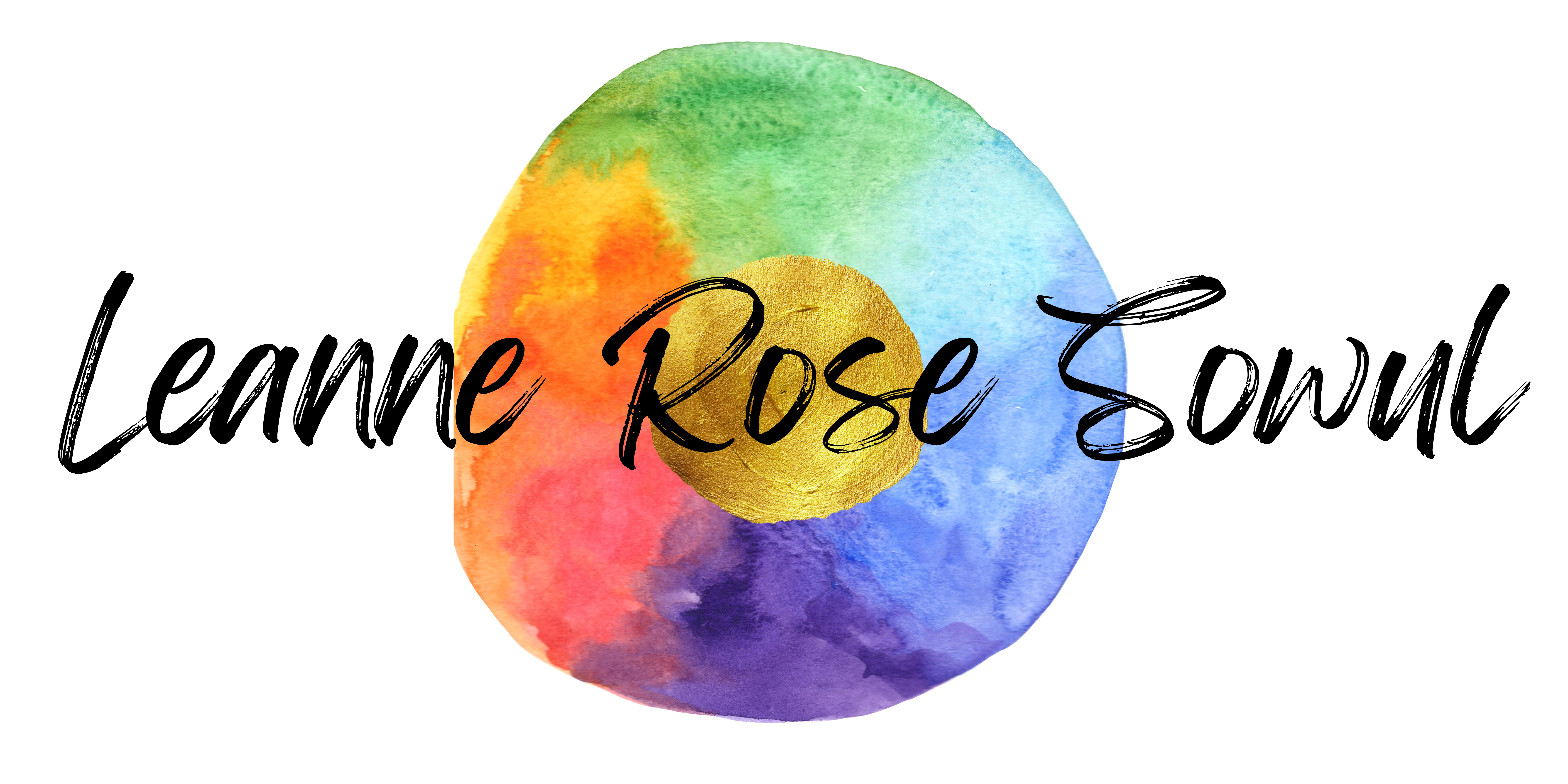
About a month ago, I started working on some ideas for a short piece that I’d planned to write during my spring break from teaching. I wanted to submit an entry for a contest run by Writer’s Digest (check it out, fellow writers!). The word limit is on the low side; I struggle with keeping fiction short, and I knew I wouldn’t have the time to struggle with it before the deadline, so I decided to try for a memoir/personal essay instead. I turned it over in my mind for a few days and found the nugget of a topic, then fleshed it out on paper via mind-mapping. I try to do this sort of brainstorming at night, so that my brain can work out problems while I sleep. Over the course of several days, I came up with some solid ideas for the essay. Before writing, I decided to go back into my journals from the time period I’d be writing about (a wonderful perk of journal writing) and refresh my memories.
Which gave me a huge case of writer’s block.
Now, I’ve said before that I don’t believe in writer’s block, so I need to clarify this statement a little. I can still write: I crank out my daily word count for my novel, my journal, and this blog with no problem. But ever since I read those old journal entries, I’ve been stalling, stammering and wrestling with the memoir piece, and it took me a few days to figure out why. (This is a new record for me- usually it takes me a lot longer to understand what’s going wrong, but I had some help this time, as you’ll soon see.)
The problem was this: I didn’t want to go back there. I’m happy with my past and I’ve accepted everything about the road that got me where I am today. But I don’t want to go back and live in it. I don’t want to dive in deep and swim in a pool of memories. I don’t want to remember the girl I used to be; even if I was proud to be her at the time, I’m much prouder to be the woman I am now. I’m fine with the past, but I want it to stay in the past.
I can attribute this insight directly to the book I just finished (and reviewed in a recent Friday Book Love), The Time Paradox. According to the psychologists who wrote the book, people tend to favor one or more perspectives on time. The most favorable are past-positive (you enjoy remembering the good parts of your past; you’re connected to family and tradition) present-hedonistic (you take pleasure in the moment) and future-oriented (you’re able to plan for the future and generally attain more success). A balance of these is ideal. Reading this book helped me to understand that writing this memoir piece would force me to dwell in the past-negative time perspective, and that’s just not something I feel able to do right now.
I love memoirs, and I hope to someday write essay- and book-length ones. I trust that someday I’ll be ready to dig down to the memories I’ll need, both positive and negative, so I can fulfill that dream. My future time-persepective tells me that one day, I’ll be ready.
